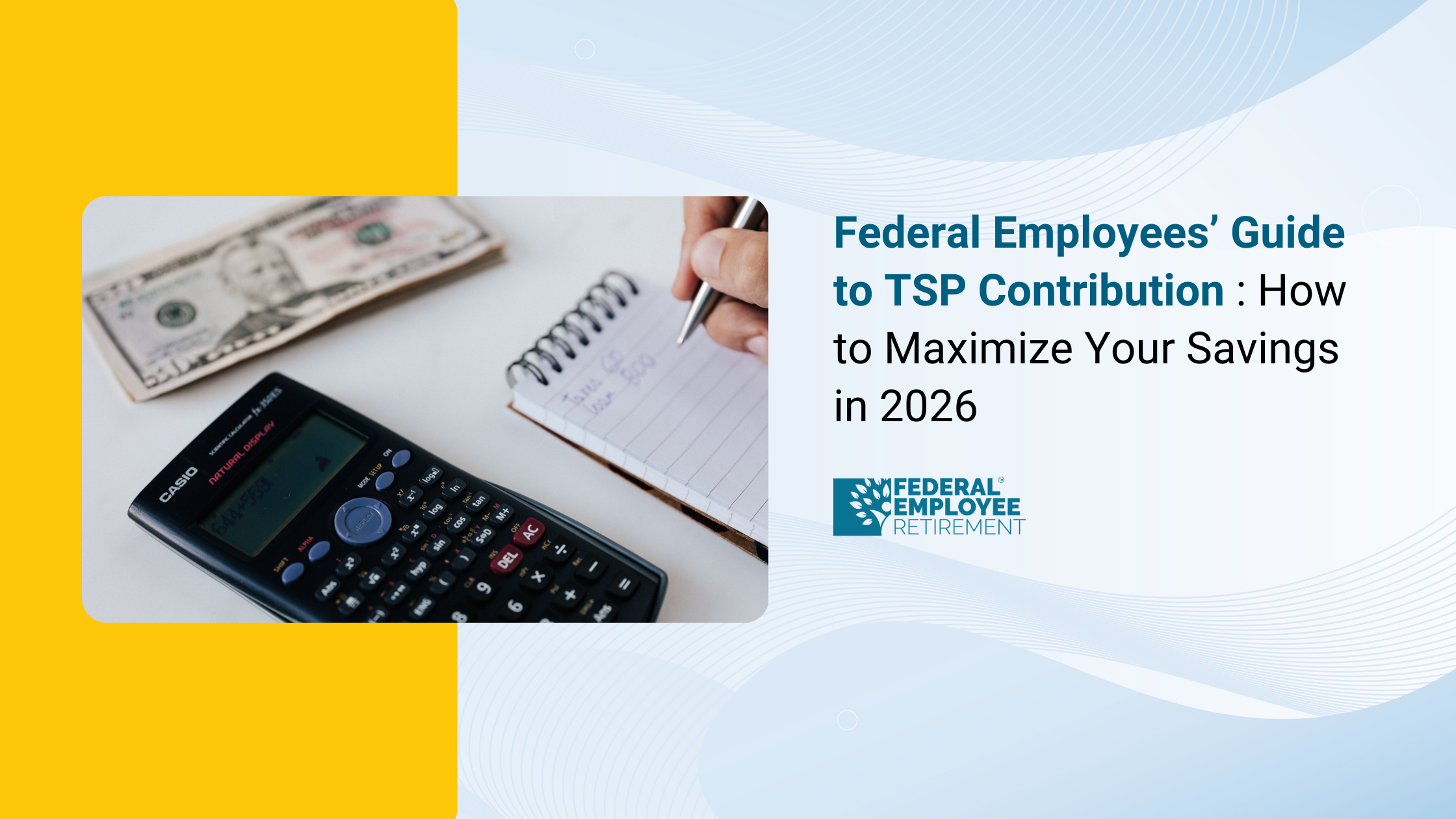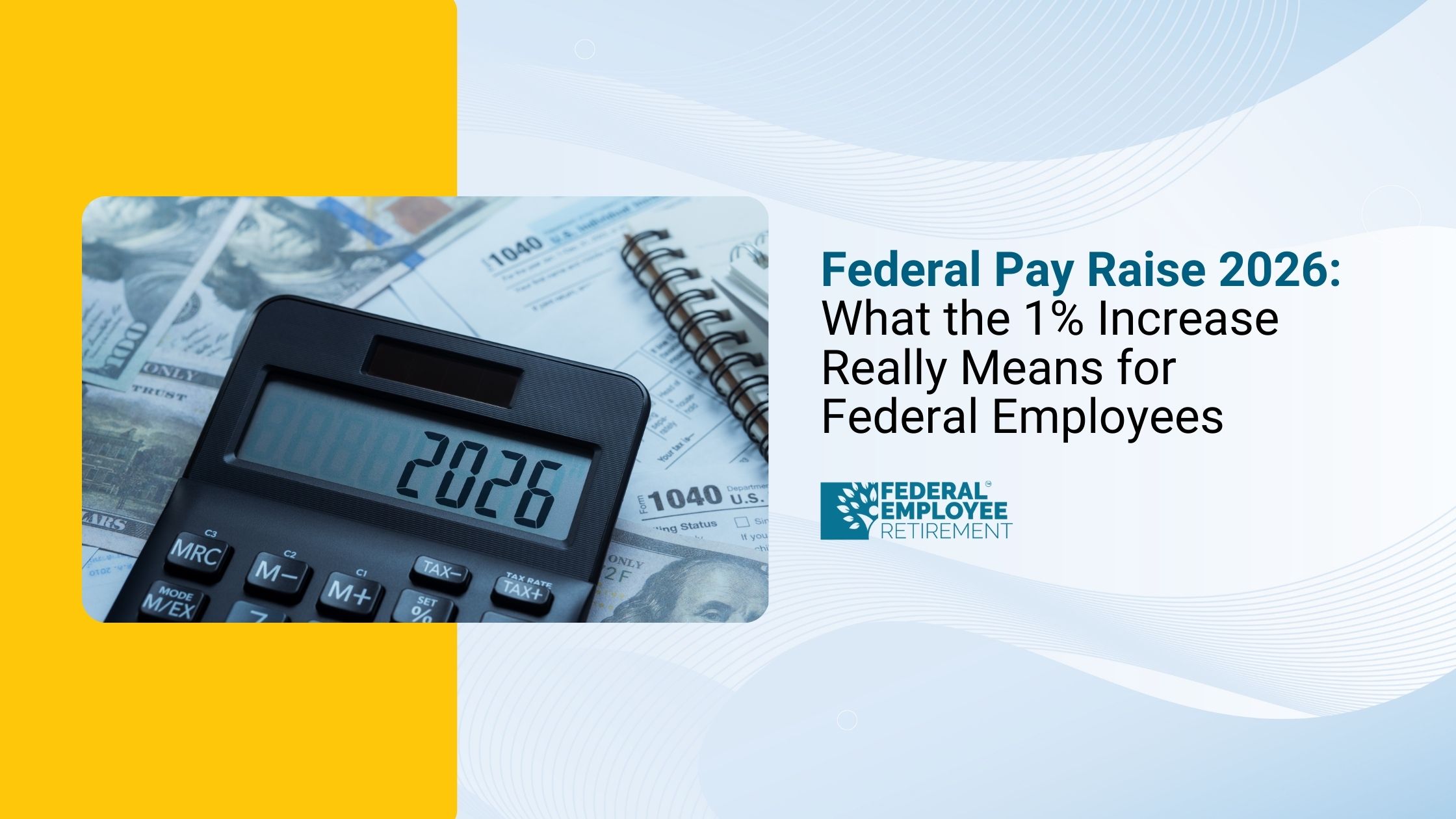You’re not alone; 4,359 federal employees booked their free review.

Understanding Firefighter Retirement: What You Need to Know
First responders, like firefighters, police officers, paramedics, and other emergency workers, risk their lives every day to keep us safe. Their jobs are tough and can affect their physical and mental health. Because of this, many first responders, including firefighters, retire earlier than most people. Firefighter retirement is a crucial time for them to rest and recover after years of hard work.
What is the average age of firefighter retirement
The average age of retirement for first responders varies based on their job. For instance, firefighters usually retire at the age of 52. In contrast, police officers typically retire at 55. This difference is important when planning for firefighter retirement.
Several factors can influence the retirement age of first responders, including firefighters. Here are a few key points:
1. Physical Demands of the Job: Firefighter work is physically tough, often involving lifting heavy objects and operating in dangerous conditions. Over time, this can wear down their bodies, making it harder to continue working as they age.
2. Mental Strain: First responders, including firefighters, often face traumatic situations. This can affect their mental health and make it difficult to keep working.
3. Retirement Benefits: Many firefighters have access to good pension plans, which can allow them to retire earlier than most people. These firefighter pension plans make early retirement more financially feasible.
Understanding these factors helps explain why the firefighter retirement age might be lower than in other professions.
Under the Federal Employees Retirement System (FERS), the yearly retirement pay for law enforcement officers and firefighters is calculated like this:
- 1.7% of your average highest salary over three years, multiplied by the number of years you've served, up to 20 years.
- After 20 years, it's 1% of your average highest salary over three years, multiplied by any additional years of service.
So, if you've worked more than 20 years, your retirement pay will be a combination of these two calculations.

What are the financial implications of early retirement for firefighters ?
Pensions can be complicated. States offer different plans for public employees based on their age, years of service, and job level in public safety. Thankfully, there are formulas to calculate how much a firefighter pension will be. However, the amount might not always be enough. You may need to find other income sources to have a comfortable retirement. Early retirement can have several financial effects for firefighters. These include:
- Smaller retirement income: Firefighters who retire early will have less retirement income because they have less time to save.
- Longer retirement period: Firefighters who retire early will need their retirement savings to last longer since they will be retired for more years.
- Greater risk of outliving savings: Firefighters who retire early risk outliving their savings due to having less time to save and a longer retirement period.
Calculating pensions by state
Let's look at how firefighter pensions in New Hampshire compare to current salaries. In New Hampshire, pensions for firefighters, as well as state and local police, correctional officers, and public safety workers, are calculated using this formula:
2% (or 0.02) multiplied by the average of the three highest-paid years, then multiplied by the total years of service. According to the Bureau of Labor Statistics, the average firefighter earns $43,450 annually, and the average police officer earns $51,560 annually. Let's assume a firefighter retires after 30 years of service, with their highest salary being the state average. The pension would be calculated as follows:
Firefighter pension: 0.02 x $43,450 x 30 years = $26,070 per year.
This shows how a firefighter's pension is calculated and how it measures up to their average salary.
Volunteer Firefighter Retirement
Established in 1983, the Volunteer Firefighter Retirement Act is for volunteer firefighters who are active members of their fire department and started their service after turning 16.
Since January 1, 2009, to earn one year of service credit, volunteers must:
- Attend at least 50% of scheduled drills,
- Attend at least 50% of business meetings, and
- Participate in at least 50% of emergency calls they are responsible for.
To qualify for a pension from PERA, you must be at least 55 years old and have 10 or more years of service credit. Your monthly pension is based on your years of service:
- If you're at least 55 with 25 or more years, you'll receive $250 per month.
- If you're at least 55 with 10 or more years, you'll receive $125 per month.
You can continue as a volunteer firefighter after retiring, but you won’t earn extra service credit. If you stop volunteering before meeting the age and service requirements but have at least 10 years of service, you'll get a deferred pension once you meet the criteria.
If you pass away, your surviving spouse or dependent child will receive two-thirds of your pension amount. The spouse’s pension ends if they remarry or pass away, and the dependent child’s pension ends when they turn 18 or pass away.
Creating a solid investment strategy and having a backup retirement savings account is crucial for firefighter retirement. There are plenty of options to choose from, including Roth IRAs, Traditional IRAs, mutual funds, 403(b) plans, CDs (Certificates of Deposit), and regular savings accounts. Each option has its benefits, and it's important to pick the ones that best fit your retirement goals and financial situation. By planning ahead and diversifying your investments, you can ensure a secure and comfortable retirement as a firefighter.
Regularly check your contributions. Use calculators to see how compound interest works. Keep track of your monthly deposits, current savings, and interest rate in your retirement accounts. This way, you can see how quickly your money is growing. Are you on track to build a good nest egg to add to your pension? Do you need to increase your monthly contributions?
Pensions are helpful, but they might not be enough to ensure a comfortable retirement. There are many factors to consider.
When planning for your firefighter retirement, don’t take chances with your money. Retirement should be a rewarding time after years of hard work, so make sure you plan well.


Get Updated
Subscribe to our weekly updates for the latest on retirement planning, federal benefits, exclusive webinars, and more!
Download Federal Retirement: Step-by-step Checklist
This comprehensive guide will help you understand your federal benefits, optimize your savings, and plan for a comfortable future.



.png)








